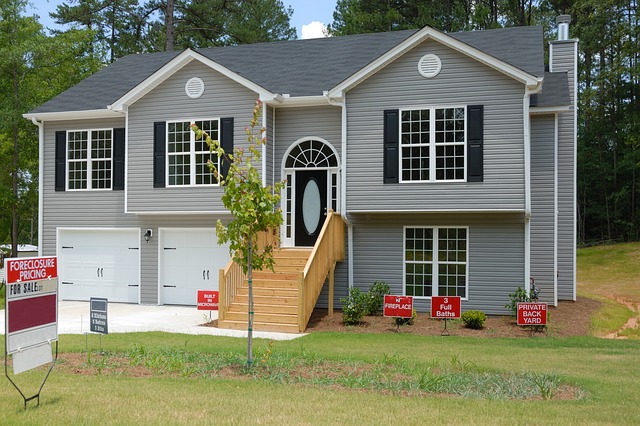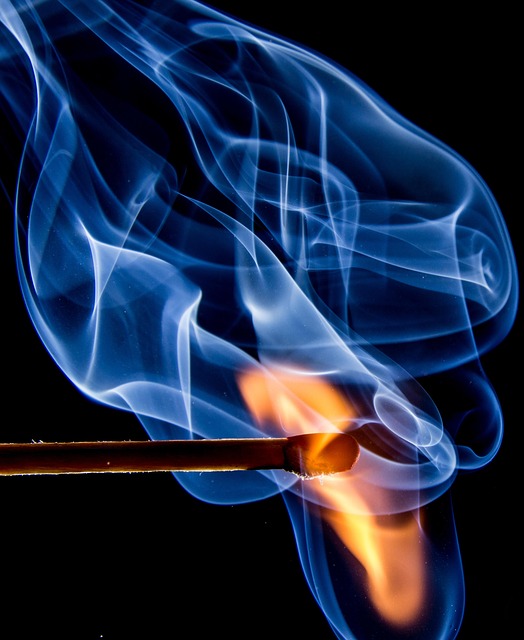Selling a home with fire damage in Chicago involves navigating stringent city regulations focused on safety, property value, and tenant rights. Property owners must adhere to strict building codes, disclose past issues honestly, and undergo thorough inspections to ensure compliance. Proper renovation and repair, guided by City of Chicago guidelines, enhance the property's appeal and facilitate a smoother sales process. Misleading buyers or omitting details can lead to legal troubles; consulting experts and maintaining transparency are key for a successful transaction.
“Navigating the complex landscape of Chicago housing regulations is essential for anyone selling a home, especially with specific considerations for fire damage. This comprehensive guide delves into the intricate details of Chicago’s housing rules and standards, focusing on fire damage disclosures and renovation practices. Understanding these aspects is crucial to ensure a smooth sale process. From legal implications to common pitfalls, this article equips sellers with knowledge, empowering them to confidently navigate the market when selling a home with fire damage in Chicago.”
- Understanding Chicago's Housing Regulations: A Comprehensive Overview
- Fire Damage Disclosures: What Sellers Need to Know
- Renovation and Repair Standards in Chicago Homes
- Legal Implications and Common Pitfalls for Home Sellers in Chicago
Understanding Chicago's Housing Regulations: A Comprehensive Overview
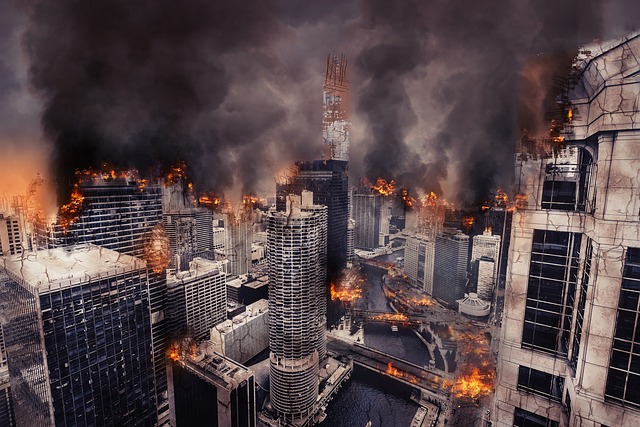
Chicago’s housing regulations are designed to ensure safety, maintain property values, and protect tenants’ rights. When selling a home with fire damage in Chicago, understanding these rules is crucial. The city has stringent building codes and permits that must be adhered to during any renovation or repair process, especially for homes affected by disasters like fires.
Property owners are required to comply with specific standards set by the Chicago Building Department when fixing fire-damaged structures. This includes obtaining the necessary permits for reconstruction, ensuring structural integrity, and meeting safety requirements for electrical, plumbing, and ventilation systems. Proper documentation and inspections are vital to prove compliance, especially if the home is being readied for sale.
Fire Damage Disclosures: What Sellers Need to Know
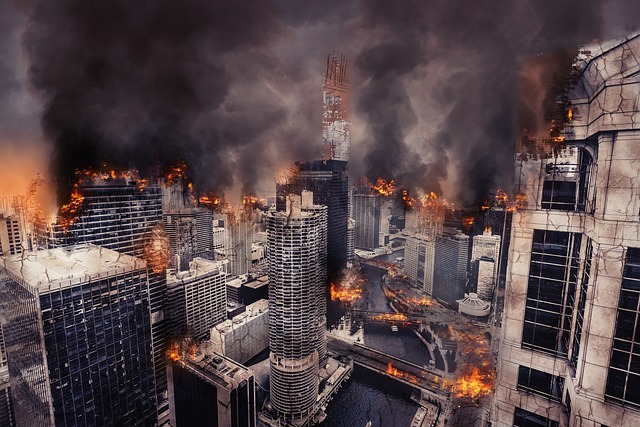
When putting a Chicago property up for sale, especially one that has experienced fire damage, transparency is key. Sellers must disclose any past or current issues related to fire damage to potential buyers. This requirement is in place to ensure the safety and awareness of prospective homeowners. Fire damage, even if it has been repaired, can have lasting implications on a building’s structural integrity and potential hazards.
In Chicago, sellers are legally obligated to fill out a detailed disclosure form, outlining the extent of any fire-related issues. This includes providing information about when the damage occurred, the cause (if known), and the nature of the repairs conducted. Full and honest disclosures can help prevent legal issues later on and foster trust between the seller and buyer during the selling process. For anyone selling a home with fire damage in Chicago, it’s crucial to consult experts who can guide them through this disclosure process effectively.
Renovation and Repair Standards in Chicago Homes

Renovation and repair standards in Chicago homes are stringent, particularly for properties that are being prepared for sale. This is especially true for homes with fire damage in Chicago, where strict regulations must be followed to ensure safety and compliance. The City of Chicago has comprehensive guidelines for repairing and restoring damaged properties, focusing on structural integrity, electrical systems, and fire prevention measures.
When selling a home with fire damage in Chicago, renovators must adhere to these standards, which include replacing damaged or outdated wiring, installing modern smoke detectors and sprinkler systems, and ensuring that all repairs are up to code. These regulations not only protect the safety of future homeowners but also preserve property values in the community. Properly done renovations can transform a damaged home into a desirable property, making it easier for sellers to find buyers who appreciate the work that has gone into restoring it to its full potential.
Legal Implications and Common Pitfalls for Home Sellers in Chicago
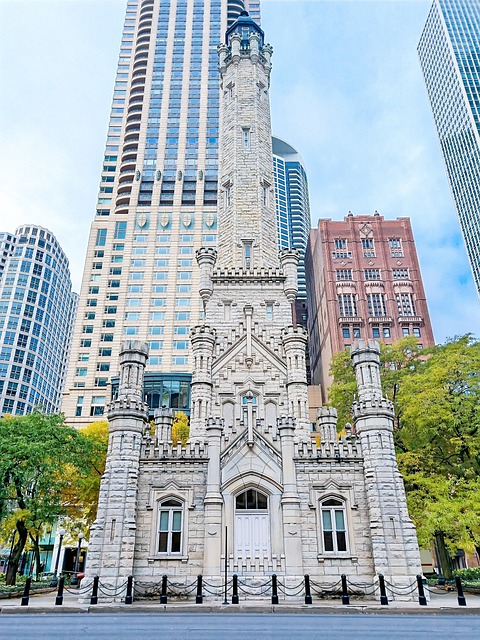
When selling a home with fire damage in Chicago, sellers must navigate complex regulations designed to protect buyers and ensure safe living conditions. Failure to comply can lead to legal implications, including fines and potential delays or even cancellation of the sale. It’s crucial to understand that Chicago has stringent building codes and safety standards, especially when it comes to properties affected by fires. Sellers must disclose any known issues related to fire damage and may be required to provide documentation and repairs to meet these standards.
One common pitfall for home sellers in this situation is underestimating the extent of necessary repairs or omitting important details about the fire damage during the listing process. This can lead to buyer dissatisfaction, legal disputes, and potential litigation if buyers feel misled or if inspections reveal unaddressed safety hazards. To avoid these issues, it’s recommended that sellers consult with professionals who understand Chicago’s housing regulations, especially those dealing with fire-damaged properties. Prompt and transparent communication throughout the sales process is key to ensuring a smooth transaction.
When selling a home with fire damage in Chicago, navigating the city’s stringent housing regulations is crucial. From fire disclosure requirements to renovation standards, understanding these rules is essential for a smooth sale. By addressing potential issues upfront and adhering to legal implications, sellers can avoid common pitfalls. This comprehensive guide equips you with the knowledge to successfully navigate the process, ensuring a seamless transition for both you and your buyer.


